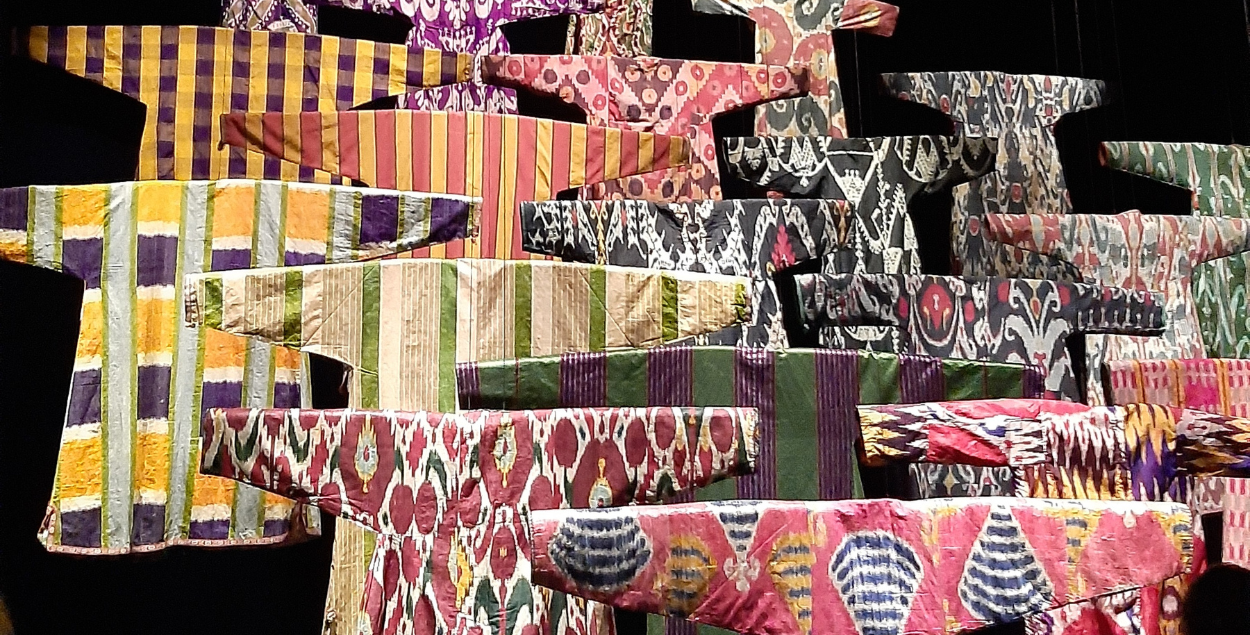Making the difference: culture Solutions’ recommendations reflected in the 14 December 2022 European Parliament’s Resolution
By Damien Helly
This blog post looks at the European Parliament’s December 2022 resolution on the implementation of the New Agenda for Culture (2023-2026) and the EU strategy for international cultural relations, and connects its main recommendations to culture Solutions’ past contributions.
On 14 December 2022, the European Parliament adopted its 2022/2047(INI) resolution on the implementation of the New Agenda for Culture and the EU strategy for international cultural relations. After a decade of policy innovations, the Parliament’s committees have demonstrated some political maturity and capacity to echo the concerns and recommendations of civil society and experts.
The CULT, AFET and DEV committees complemented the Parliament’s internal analysis from the EPRS by listening to a variety of stakeholders through a series of hearings on EU international cultural relations – one of which culture Solutions was invited to on 13 July 2022. The result of this participatory process is a comprehensive and fair assessment of the state of play in EU international cultural relations that has taken up a dozen of recommendations and conclusions published by culture Solutions since 2019.
Amongst the 80 paragraphs of the resolution, one could identify 10 recommendations to which culture Solutions has contributed to either directly during the 13 July 2022 public hearing, or via its past publications and speeches.
EU international cultural relations are explicitly covered from paragraph 55 to 80, thus occupying a significant space in the document. Direct uptakes or inspiration from the culture Solutions’ presentation made at the 13 July 2022 Parliament’s public hearing follow below:
- Dedicate a specific funding strand for international cultural relations, either within NDICI or the Creative Europe programme. This point is related to the distinction made between cultural relations and cultural diplomacy. It is also relevant as part of the timeline of the implementation of the New Agenda for Culture, running till 2026.
- Strengthen EU Delegations with focal points belonging to political sections rather than information and communication. This has been a point repeatedly made by culture Solutions, emphasised on 13 July, and specifically brought up in our 2019/2020 Composing Trust report.
- Strengthen EU’ cultural capacities through the training of diplomatic staff, the exchange of best practices and transmission of institutional memory. The training imperative has been a long lasting suggestion from culture Solutions, in addition to direct training to EU staff in 2020 and 2021. After issuing a report recommending the launch of communities of practice, culture Solutions stands ready to contribute to innovative training initiatives, beyond traditional one-off annual training seminars.
- Recognise the awareness raising role of the arts and culture about climate change and behavioural change. The language of the resolution is very close to the one of the culture Solutions, also echoing earlier publications on the role of culture in societal change.
- Improve EU inter-institutional coherence and coordination in the field of EU ICR. Although coordination and coherence are relevant challenges in all policy fields, the needs in EU external cultural action require adequate and knowledgeable leadership in key EU institutions and bodies, namely EAC, INTPA, NEAR, the EEAS, headquarters and EU Delegations.
- Adopt tailor-made cultural strategies towards third countries, and report on their implementation on a regular basis. This point has been raised in the 2019 Council conclusions and developed by culture Solutions’ trainings and publications, including on country and regional programming.
- Ensure more systematic monitoring and evaluation of EU external cultural actions, with clear quantitative and qualitative targets. The 2019 culture Solutions M&E toolbox project already mentioned the need for more robust instruments in this realm.
- Develop a clear international component of the New European Bauhaus. While this NEB component is said to be under development, it was pointed out early on by a culture Solutions blog post in May 2021.
The other recommendations of the Parliament reflect various influences and messages resulting from a variety of programmes, initiatives and organisations. Culture Solutions contributed to some conversations, yet its impact is perhaps less clearly identifiable. Nevertheless, our group has certainly contributed its share in the following areas:
- Recognise the paradigmatic distinction between cultural relations and cultural diplomacy. This was mentioned in our Composing Trust report and the subject of many publications, including by leading cultural institutes and EUNIC members such as Goethe Institute and British Council. One of our new members, Andrew Murray, has written and published extensively on this topic.
- Continue recent efforts supporting international cultural mobility (after i-Portunus and now with Culture Moves Europe). The theme of mobility has been dealt with in cS first publications. As well as the migration and culture nexus, as part of a chapter/brief on culture and societal change, published in 2020.
- Follow-up on the European Spaces of Culture preparatory action, considered as a successful one. Our former collaborator Gabrielle Bernoville published a blog post on European spaces of culture.
- Take into consideration the recommendations of the structured dialogue (Voices of Culture) on EU international cultural relations. Our collaborators and member Gabrielle Bernoville and Nicole Mc Neilly moderated this structured dialogue and published an analysis and summary of their final report.
- Pursue efforts on cultural heritage protection in crises, the fight against the illicit trafficking of cultural goods and cultural heritage international cooperation. Culture Solutions contributed to this work strand by partnering with ECDPM and Mediateur to co-author a research report led by Mehiyar Khatem. In addition, culture Solutions moderated the launching conference of this policy process in November 2020. On 12 October cS co-organised a round table with EUISS and published a cS Brief on cultural heritage protection in crisis situations in November 2022.
For culture Solutions, the European Parliament’s 14 December 2022 resolution is the culmination of an intense conversational effort on EU international cultural relations, and the source of an immense satisfaction: after four years of existence, culture Solutions is indeed making a difference in the field of EU international cultural relations. And the evidence is there. This shows the independent constructive research, training and dialogue work done by culture Solutions is needed to support well-informed and commons-oriented EU policy making.
The table below presents the main recommendations of the Parliament’s resolution in the field of EU international cultural relations, and connects them with culture Solutions’ direct and indirect contributions.
The views expressed in this article are personal and are not the official position of culture Solutions as an organisation.
Photo credit: Damien Helly – Sur les routes de Samarcande, exhibition, Institut du Monde Arabe, Paris

